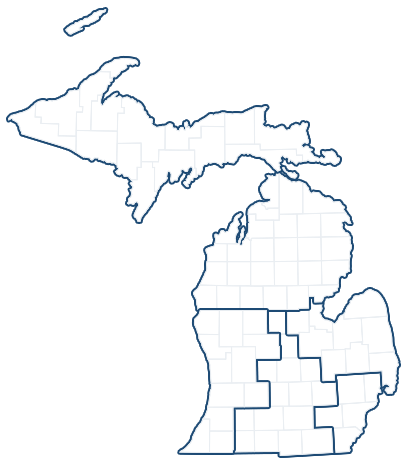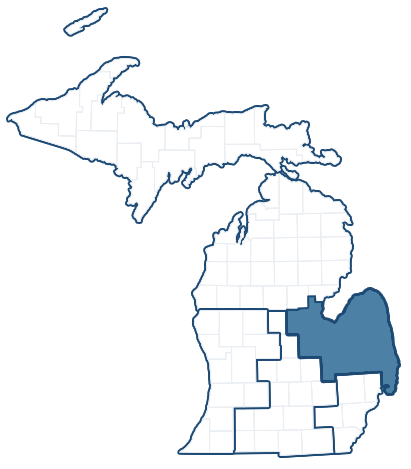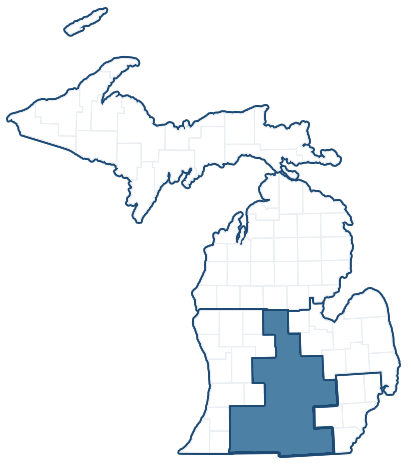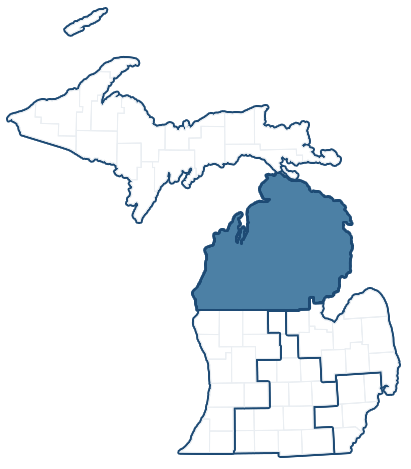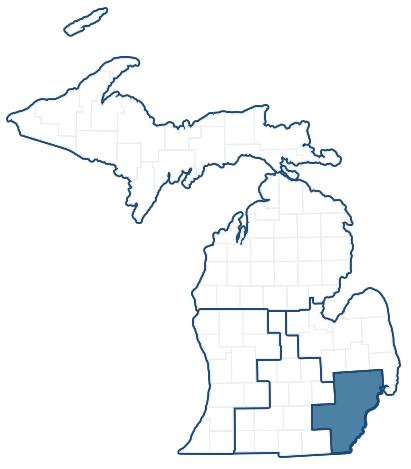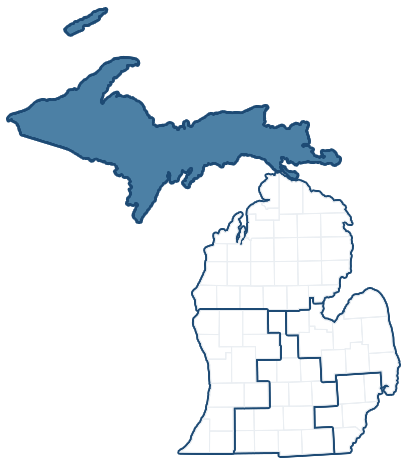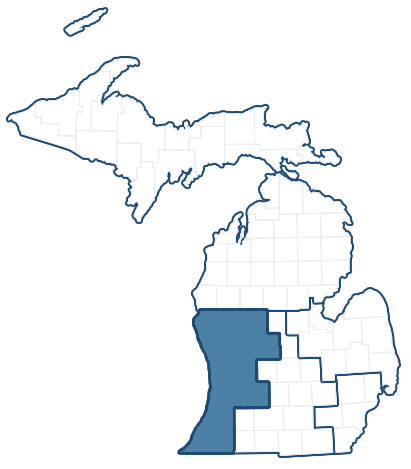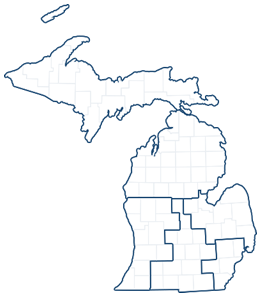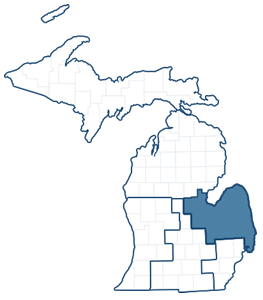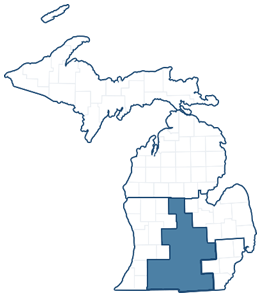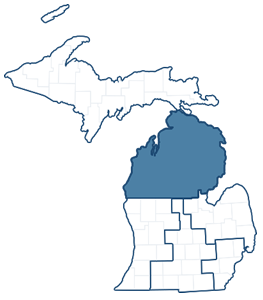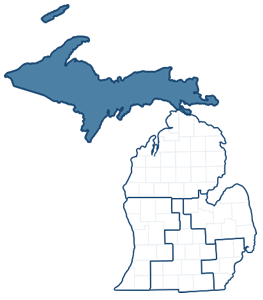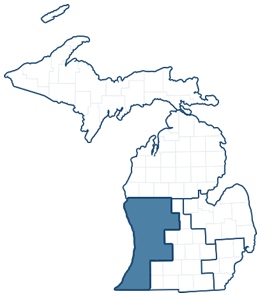Stabenow, Peters Urge USDA to Help Michigan Farmers Facing Delayed Planting
Friday, June 14, 2019WASHINGTON, D.C. – After historic rainfall has prevented many Michigan farmers from planting their crops this year, U.S. Senators Debbie Stabenow (D-MI), Ranking Member of the U.S. Senate Committee on Agriculture, Nutrition, & Forestry, and Gary Peters (D-MI) urged the U.S. Department of Agriculture (USDA) to take action to help affected farms across the state.
“Consistent rain and wet weather have created challenging planting conditions for farmers across Michigan this spring,” wrote the Senators. “We urge the USDA to provide flexibility and equitable treatment for Michigan farmers who have had to delay planting their crops.”
As of April, Michigan has experienced the wettest 12-month period on record in the continental United States. Large swaths of Michigan farmland have seen precipitation measurements at double their normal rates. As a result, many Michigan farmers have been unable to plant their crops for the season. Even the crops that have been planted could see stunted growth and may require replanting.
The Senators asked the USDA to increase flexibility within Federal Crop Insurance and allow farmers to use their land for livestock grazing and planting cover crops that improve soil quality to ensure future productivity. Additionally, the Senators asked for the USDA to allow Michigan farmers affected by heavy rainfall to be eligible for disaster assistance, which Congress recently passed.
The full text of the letter is below. A PDF of the letter is available here.
The Honorable Bill Northey
Under Secretary for Farm Production and Conservation
United States Department of Agriculture
Washington, DC 20250
Dear Under Secretary Northey:
Consistent rain and wet weather have created challenging planting conditions for farmers across Michigan this spring. We urge the U.S. Department of Agriculture (USDA) to provide flexibility and equitable treatment for Michigan farmers who have had to delay planting their crops.
As of April, we’ve seen the wettest 12-month period on record in the continental United States. Like other parts of the Midwest, large swaths of Michigan’s grain production areas have seen precipitation measurements at double their normal rates. According to the USDA National Agricultural Statistics Service Great Lakes Region, grain planting in Michigan has approached the slowest pace on record due to the relentless rain that we’ve seen. As agronomists have indicated, the unplanted acres are a problem—but even the crops that have been planted may see stunted growth or may require replanting. To add to the confluence of unfortunate events, feed and forage are harder to come by.
Increased flexibility for the utilization of prevented plant acres should fairly account for weather and climate variance across disparate geographic regions, which is why we encourage you to help ensure this planting season is not a total loss by providing increased flexibility under Federal Crop Insurance rules for utilizing forage and cover crops on prevented plant acres.
Additionally, Congress recently passed and the President signed a $19.1 billion disaster aid bill to help Americans across the country—includingfarmers hit by catastrophic storms. As the USDA carries out the relief authorized to address flooding in this act, we encourage you to avoid inequities for Americans that have suffered from extreme weather by ensuring that any definition of flooding covers all instances of excessive moisture. Whether the excessive moisture and prevented planting is directly caused by a river leaving its banks, more localized stream flooding, or ponding of rainfall or snowmelt, the challenges faced by the farmers are the same and each of them should be eligible for aid in addition to the underlying Federal Crop Insurance.
Thank you for your continued efforts and please do not hesitate to contact our offices should you have any questions.
###
Next Article Previous Article



